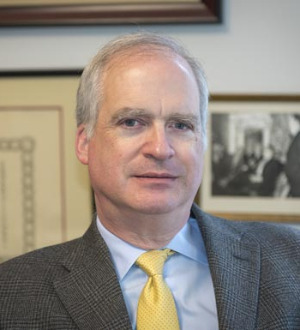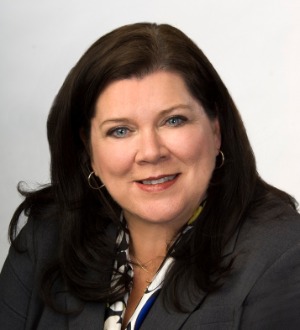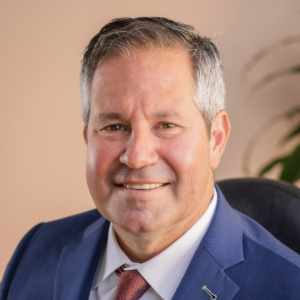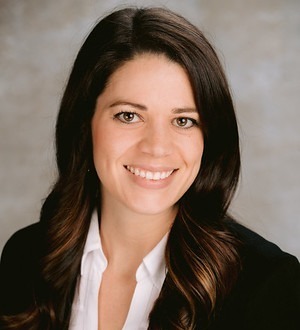Oregon requires persons who manage real estate for another for compensation to hold a property manager’s license. ORS 696.030 provides some exemptions to the licensing requirements of ORS 696.010 and 696.020. One exemption is for persons who manage their own property. Another exemption is for a person who is the sole member or a managing member of a limited liability company and who is managing the real estate of the LLC.
Last month the court of appeals held that persons who manage what they think of as their own real estate and collecting compensation may do themselves out of the exemption if they’re too fancy in how they own it. Berrey v. Real Estate Agency, 301 Or App 613 (2019). The decision has significant implications for lawyers who design ownership structures for multiparty investments, and also for estate planners who create family partnerships and LLCs.
Berrey was the principal broker of a property management company, CPM, that he had formed in 2003. He and CPM were both properly licensed. In 2012 he attempted to renew his license online. The application did not process. Two and a half months after his license expired, the agency told him that it had expired. He promptly renewed it. As part of his renewal application he stated that he had not engaged in professional real estate activity during the short time after his license had expired, when in fact he had continued to manage properties in which he owned an interest. The agency eventually charged him with violating the licensing law and revoked his license.
Berrey challenged the revocation on the ground that he did not need a license to manage his own property. The question before the administrative law judge, and then the court, was whether the properties he was managing were in fact his own. Let’s take a look at two of the properties that Berrey managed, Vista and Lakepointe.
Berrey didn’t own the Vista property directly. He was a member of Berrey Family, LLC, which owned 14.48% of 340 Vista, LLC, which owned the property. The court found that when he was managing the Vista property he was acting not only for himself but on behalf of the other owners of the property. Because he was managing property for another for compensation, he was engaging in professional real estate activity.
Berrey and his wife were trustees of a family trust that was one of the owners of the Lakepointe property, as tenants in common with others. The real estate commissioner “determined that individuals who hold property (along with others, in a tenancy in common) as trustees of a trust are not exempt from licensing requirements if they manage that property.” Berrey, 301 Or App at 625. Berrey as an individual was therefore, the court reasoned, managing Lakepointe for others – not just the other tenants in common, but also for Berrey and his wife as trustees of their trust. Berrey as an individual and property manager was different from Berrey as a trustee and owner.
The court’s ruling means that Oregon has a lot of unlicensed property managers. Consider this common situation: Abel, Baker, and Charlie buy an apartment project as tenants in common. Abel and Baker are overworked professionals; Charlie has a lot of free time. They agree that Charlie will manage the property, which requires only a few hours a month of Charlie’s time, and get a spiff of $10 per unit per month. Under the court’s ruling, Charlie is engaging in professional real estate activity because he’s receiving compensation for managing real estate that belongs to Abel and Baker. Oddly, Charlie would be exempt from the licensing act if he, Abel, and Baker were partners (ORS 696.030(27)), or if he were a full-time employee of Abel and Baker (ORS 696.030(1)(a)).
Or consider this situation: The Greenacres family, major owners of real estate, form a family partnership to hold the real estate. The Greenacres children are limited partners. For insulation against liability, Ma and Pa Greenacres form a corporation, Greenacres Inc., to be the general partner. Ma and Pa Greenacres are the shareholders, directors, and officers of Greenacres Inc. The partnership pays Greenacres Inc. for its services as general partner, and the money is passed through to Ma and Pa Greenacres. Under the court’s ruling, Greenacres Inc. is engaging in professional real estate activity because the partnership is paying it to manage the property. ORS 696.030(28) exempts from the licensing requirement an individual who is a partner in a partnership and who manages the partnership’s real estate – but Greenacres Inc. is not an individual and can’t claim that exemption. Ma and Pa Greenacres are individuals, but they can’t claim the exemption because they are merely shareholders in one of the partners. They are not partners in the partnership.
Or suppose that the Greenacres’ lawyer set up a living trust and a manager-managed family LLC for the Greenacreses, with Ma and Pa Greenacres as the managers, their living trust as one member, and their children as the other members. ORS 696.030(27) exempts an unlicensed individual who is a member of an LLC if the company is member-managed, or if the company is manager-managed and the individual is a manager. Ma and Pa Greenacres don’t qualify for the licensing exemption because their trust is a member of the LLC, but they themselves aren’t. If their trust were the manager of the LLC, it wouldn’t qualify for the exemption either, because only individuals qualify for the exemption, and the trust is not an individual.
Will the Real Estate Agency pursue people like Ma and Pa Greenacres for engaging in unlicensed professional real estate activity? Probably not, unless someone complains to the Agency that Ma and Pa are breaking the law. The only people likely to complain that Ma and Pa are scofflaws are the limited partners in the family partnership. Until the lawyers for Ma and Pa confirm that their ownership structure and estate plan conform to the licensing law, Ma and Pa had better be nice to their children.
























